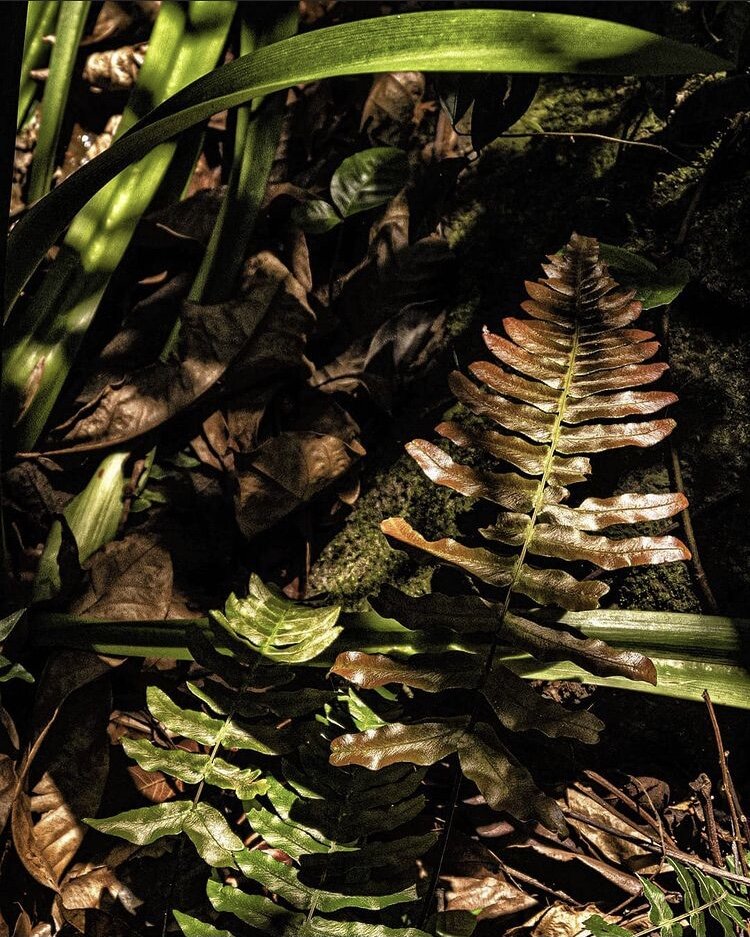
CPA Statement in Sympathy with Ethiopia
Dear CPA Members,
We are deeply saddened at the eruption in the past three weeks of major ethnic conflict in Ethiopia, the home of our beloved philosopher, Zara Yacob. Ethiopia is also the home of our friend and fellow philosopher, Teodros Kiros, who introduced us, in the Caribbean Philosophical Association to Zara Yacob. Further, Ethiopia is the home of many ethnic groups, including the Oromo, the Amhara, the Somali, the Tigray, the Sidama, the Gurage, and Wolayta. We have seen such conflicts between ethnic groups erupt in the lives of many nations before and they seldom ended very well.
For us in the Caribbean, Ethiopia has long been a symbol of Black national independence and cultural integrity. The well-known philosophies of Ethiopianism and Rastafarianism would have been inconceivable without the symbolic importance of an independent Ethiopia and its leader in the 1930s, Emperor Haile Selassie. Indeed, among the Rastafarians the emperor was deified and became Jah Rastafari. Thus, Rastafarian thought revealed not only the processes by which gods are created but also our pressing need as racialized and colonized Afro-Caribbeans for a beacon of Black hope. In our need for this beacon, we envisioned only a unified Ethiopia that was without ethnic division and conflict, while we were living and acting out our own ethnic and insular differences and conflicts. Thus, it is both difficult and saddening for us to see Ethiopia of all countries at war with itself.
Unfortunately, in spite of the fact these ethnic conflicts have erupted like volcanoes in the lives of so many human societies, we still have not been able to plumb the depths of these ethnic explosions. We continue to observe and mourn these inter-group flare-ups as we do the eruptions of natural disasters. The levels of dehumanization and intergroup violence continue to elude our philosophical or other theoretical grasp, leaving us unable to stop or contain them after they have started. Rather, we often let them burn themselves out, during which time they do so much irreparable damage.
In 2003, a very concerned Prof. Kiros wrote that “the split in the Tigray Peoples Liberation Front (TPLF) in 2001 and its immediate vibrations inside the labyrinth of the powerful national party, the Ethiopian People’s Revolutionary Democratic Front (EPRDF) has sent tremors across the world”. It was a telling warning. The current Prime Minister and leader of EPRDF, Abiy Ahmed, an Oromo, was elected to this high office in April of 2018. He immediately embarked on a series of well-meaning reforms aimed at introducing a more democratic and egalitarian phase in Ethiopia’s contemporary history. But this move seems to have aroused those old inter-ethnic fears that had been suppressed and kept under control by earlier practices of authoritarian rule. With the lifting of these practices, a new round of inter-ethnic struggles for power were triggered by a series of coup attempts. These in turn have now led to open fighting particularly between the Tigray and the central government led by Prime Minister Ahmed’s, Ethiopian Peoples Revolutionary Democratic Front (EPRDF), which is a coalition of a number of ethnic political parties.
Several states, including Kenya and Uganda have called for negotiations aimed at ending this conflict, which has already sent thousands fleeing to neighboring countries and have cost hundreds their lives.
The Caribbean Philosophical Association joins this call for a peaceful resolution of the conflict. We strongly encourage the African nations with influence on both parties to this conflict to continue their efforts to get negotiations started and to stay with them until calm and ethnic peace has returned to the Ethiopia that we admire and love.
The Caribbean Philosophical Association